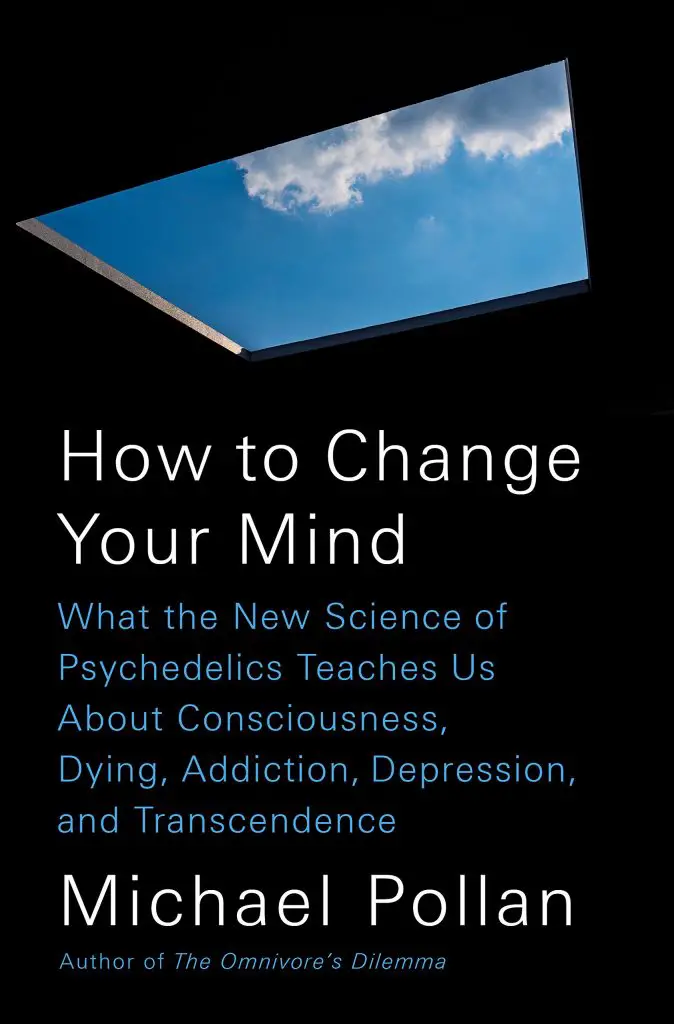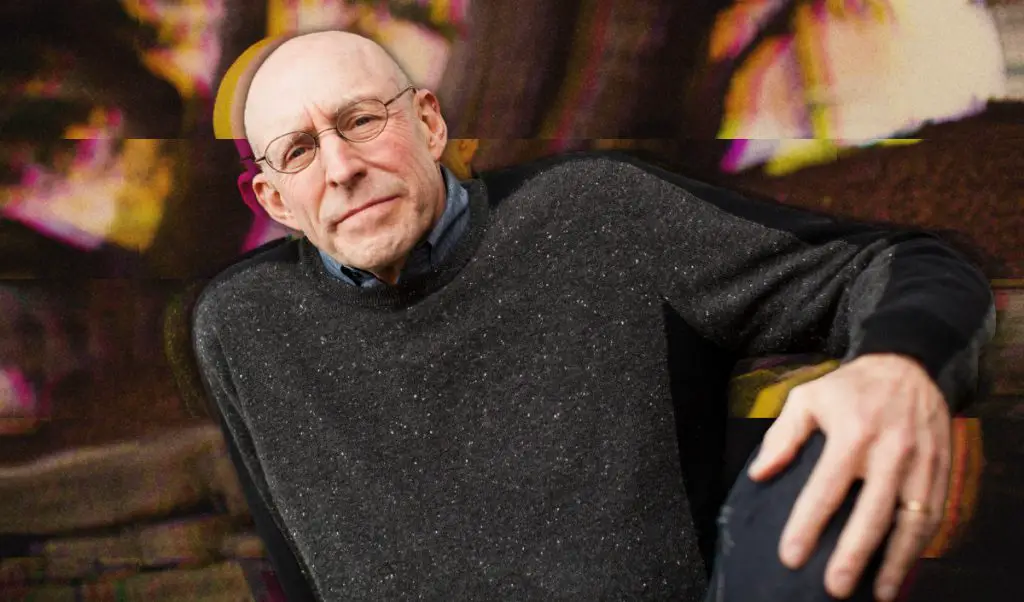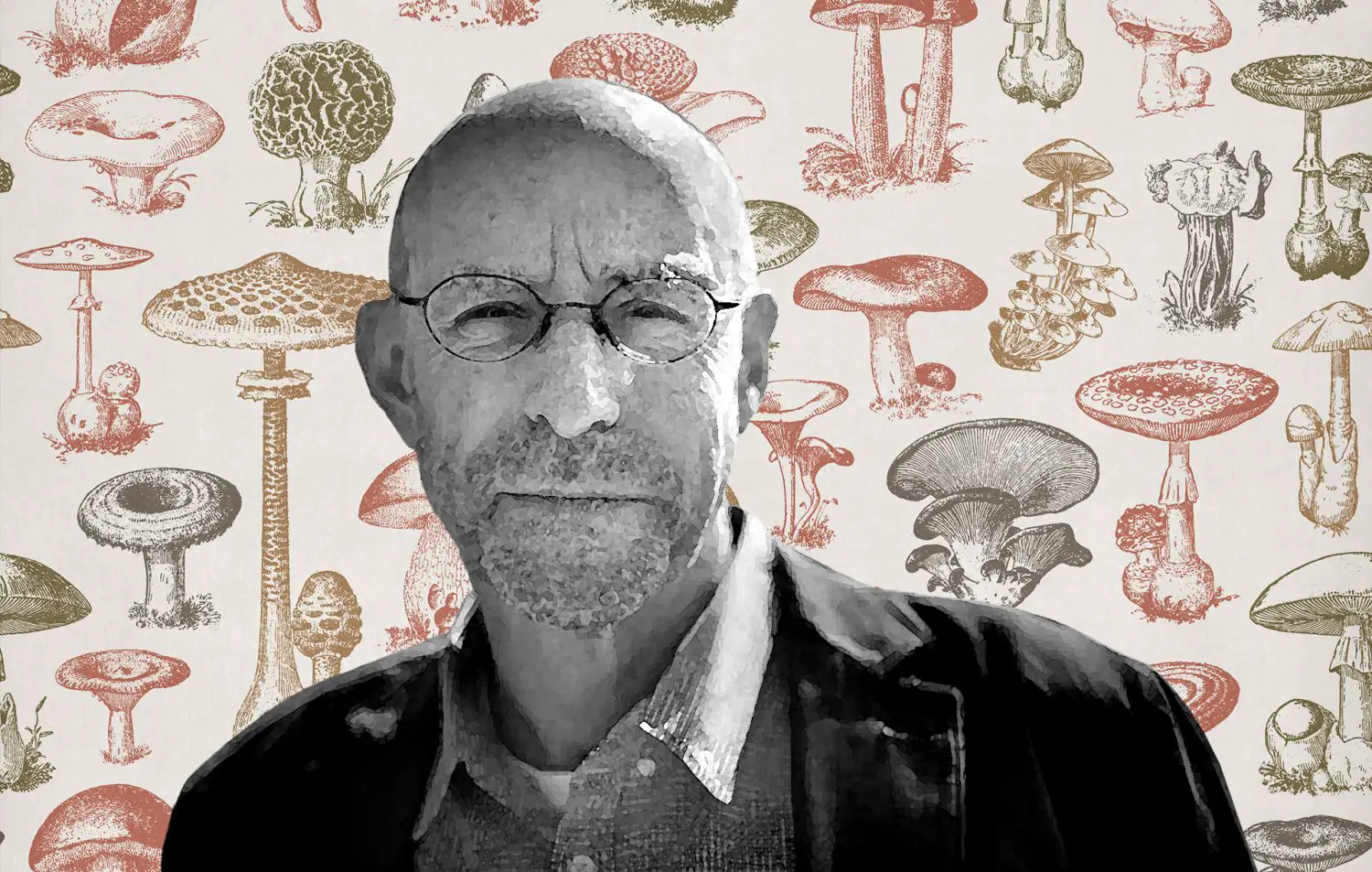“The man who comes back through the Door in the Wall will never be quite the same as the man who went out. He will be wiser but less sure, happier but less self-satisfied, humbler in acknowledging his ignorance yet better equipped to understand the relationship of words to things, of systematic reasoning to the unfathomable mystery which it tries, forever vainly, to comprehend.”
The above quote was written in 1954 by a man who had escaped or perhaps transcended our generally agreed upon reality, a feat he accomplished through the ingestion of psychedelic drugs. His writing would help to kick off the popularization of substances like LSD, psilocybin, mushrooms, and peyote, which would become notorious throughout the 1960s until they were successfully repressed in the early 1970s.
Successfully repressed, that is, until now.
In the early 2000s, a new wave of researchers began divulging potential health benefits of these and other substances like MDMA and DMT, and as a result there has been an explosion of study, writing, and legislation surrounding the subject. The most notable legal change has been the recent decriminalization of psychedelic mushrooms in Denver and Oakland (the latter of which decriminalized peyote, ayahuasca, and iboga as well), a move that has also been tossed around in Oregon.

Perhaps the best deep-dive into this trippy-revolution comes from author Michael Pollan in his book How to Change Your Mind: What the New Science of Psychedelics Teaches Us About Consciousness, Dying, Addiction, Depression, and Transcendence. Whew.
Let’s take a look at what this wordily titled read reveals.
How to Change Your Mind
It’s worth noting that Pollan is not some tripped-out hippy. Quite the opposite. A professor at both Harvard and UC Berkeley, Pollan is a respected journalist and author of several bestselling books on our species’ relationship with food. He’s also the brother-in-law of Michael J. Fox, which has nothing to do with any of this, unless you take Teen Wolf as an allegory for the psychedelic transformation. Which it was not. Probably.
…he discovered that science is finding how “Many Things Might Go Right” when these substances are used properly.
Anyways, How to Change Your Mind (henceforth referred to as HCYM) was conceived of before Pollan had actually experienced psychedelics. It was a natural topic for a writer who is interested in documenting how humans are affected by the things we put in our bodies. He even explained that he was initially dubious of the purported benefits of the drugs, having been instilled with the fear of “What Might Go Wrong” that is so prevalent in our culture.
As it turned out, he discovered that science is finding how “Many Things Might Go Right” when these substances are used properly.
Psychedelics and Creativity
Anyone who has listened to a Jimi Hendrix solo or a late-era Beatles composition is familiar with the idea that psychedelics and creativity are intertwined, but Pollan’s book takes this concept to a much more grounded and everyday place.
The discoveries of DNA, brain mapping, microchips, and Apple computers were all, according to the minds behind them, products of LSD. And today, the practice of “microdosing” – which involves taking subperceptual amounts of psychedelics on a regular basis to fuel creativity and productivity – has become commonplace in Silicon Valley and beyond.
While Pollan has expressed a personal distaste for the concept of microdosing in interviews (he doesn’t like the idea that these potentially spiritual tools could be rebranded for consumerist purposes), in HCYM he illustrates clearly how research and anecdotal evidence have made a strong case for the practical benefits of psychedelics.
Psychedelics and Mental Illness
The practical benefits don’t stop there. Pollan also explains how there is vast and, in many cases, indisputable evidence that psychedelics (with an emphasis on psilocybin and MDMA) can be used to treat wide-ranging mental conditions, such as depression, PTSD, anxiety, and addiction.
What’s more, a great deal of research has gone into how mushrooms and molly can help patients and families grappling with cancer and other terminal illnesses cope with end of life anxiety. Pollan describes test subjects who went from high levels of fear and uncertainty over impending death to peace, acceptance, and even excitement at facing the unknown.
…psychedelic forefather Aldous Huxley used his last words to request an injection of LSD, which his wife administered before he died peacefully some hours later in bed…
In fact, psychedelic forefather Aldous Huxley used his last words to request an injection of LSD, which his wife administered before he died peacefully some hours later in bed (just as JFK was dying not-so-peacefully some 1,500 miles away).
By the time he concluded the research for his book, Pollan had become a vocal advocate for the therapeutic benefits of psychedelics.

Psychedelics and the Soul
Soul, spirit, divine spark, life force, psyche, animus—there are many words for it, but they are all used to describe the same concept: the Big Something that is or maybe isn’t in or beneath or maybe above everything. Much has been said about how psychedelics can provide users with a “window” or “door” through which to view and perhaps even interact with the Big Something, and Pollan agrees:
“When the ego dissolves, so does a bounded conception not only of our self but of our self-interest. What emerges in its place is invariably a broader, more openhearted and altruistic—that is, more spiritual—idea of what matters in life. One in which a new sense of connection, or love, however defined, seems to figure prominently.”
And this experience is by no means unique to Pollan. He describes clinical studies, for example, in which:
“…participants ranked their psilocybin experience as one of the most meaningful in their lives, comparable ‘to the birth of a first child or death of a parent.’ Two-thirds of the participants rated the session among the top five ‘most spiritually significant experiences’ of their lives; one-third ranked it the most significant such experience in their lives.”
In other words, there’s something happening here. What it is ain’t exactly clear, but it’s something. The transcendental experience described by psychedelic research is too widely shared and uniform to be written off as just some arbitrary drug hallucination.
According to Pollan, psychedelics may have many things to teach us that could prove vital to our continued existence as a species. He asserts, “the potential of psychedelics to improve brain function,” that “consciousness is primary to the physical universe,” and that, “I myself am identical with nature.”
You can dismiss it as hippy-claptrap or the ravings of a stoned lunatic, but realizations of this sort might just save us all.




